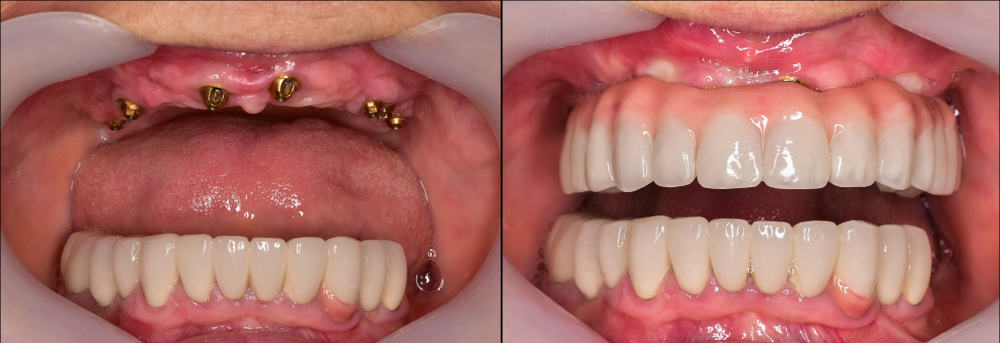Who is a Prosthodontist?
Prosthodontics is the speciality field of dentistry that relates to the rebuilding of natural teeth and the restoring of missing teeth with prosthetic replacements.
A prosthodontist is a dentist who has undergone a further three years of intense formal training beyond their time in dental school. This training focuses on understanding the dynamics of a smile, the preservation of a healthy mouth, and the creation of tooth replacement.
This means that Prosthodontists are capable of undertaking a variety of procedures ranging in complexity from fitting a crown for a damaged tooth, to completing full mouth reconstructions.
Prosthodontists are qualified and capable of offering state-of-the-art care and are recognized by the Australian Dental Association.
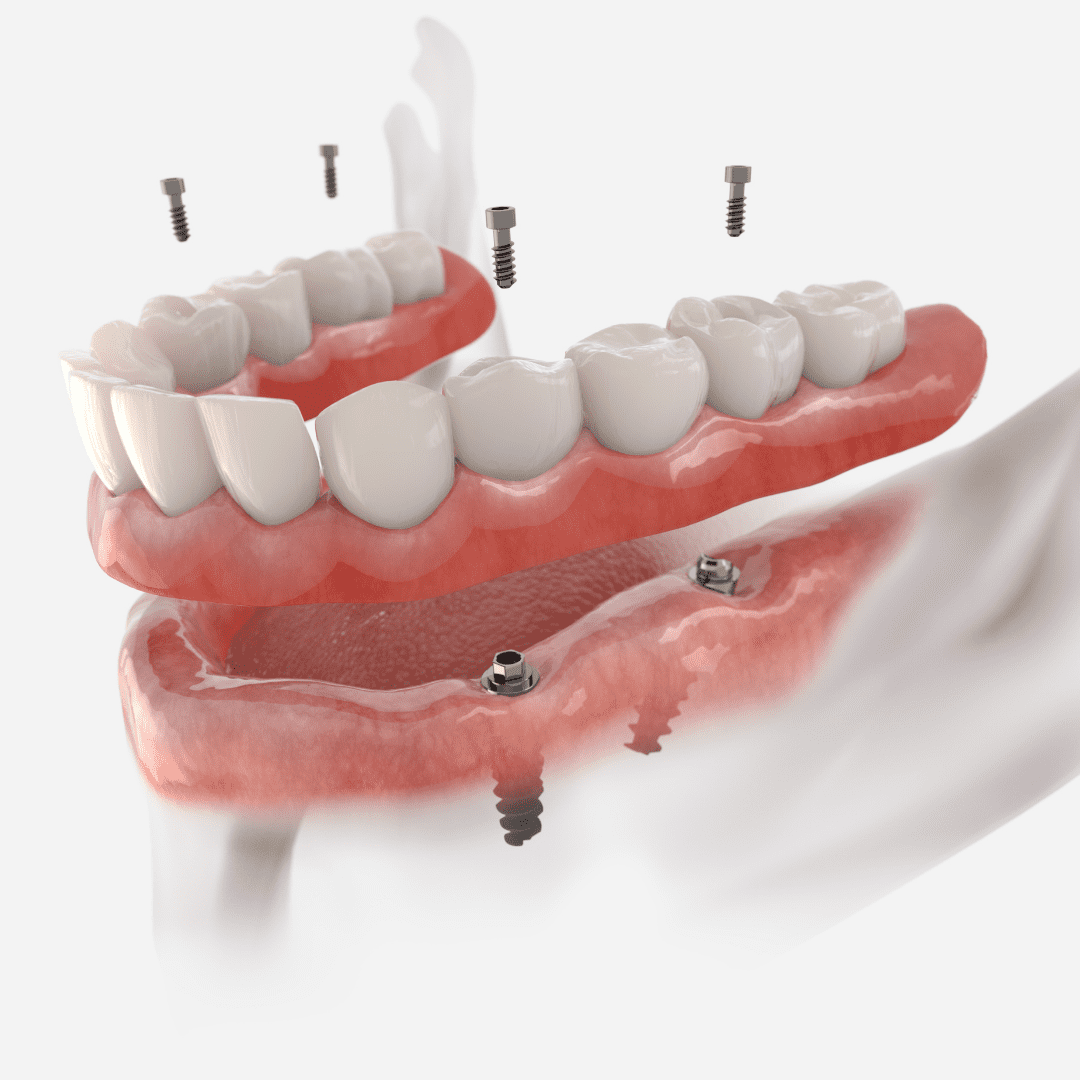
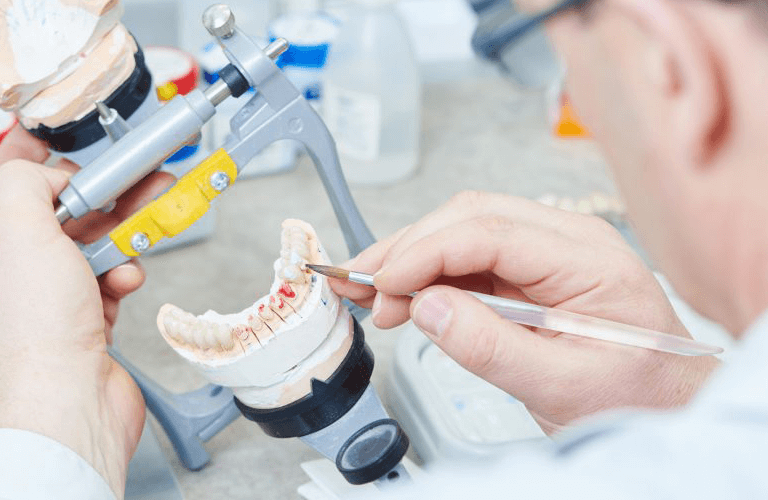
When you need to see a Prosthodontist
As mentioned above Prosthodontists specialize in managing exceptionally complicated oral problems, especially repairing damaged teeth and replacing lost teeth. A Prosthodontist can help you if:
- You want to repair a damaged smile,
- You want to improve aesthetics,
- You want dental implants,
- You need a dental crown to repair a damaged tooth,
- You need a dental bridge to replace a lost or in some cases a series of lost teeth; or
- You need dentures.
Prosthodontists are capable of assisting you with a variety of dental needs and are specialists in making sure you have a healthy mouth and a beautiful smile.
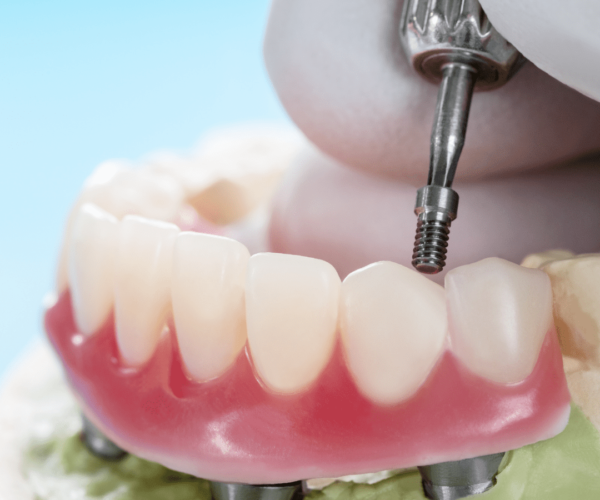
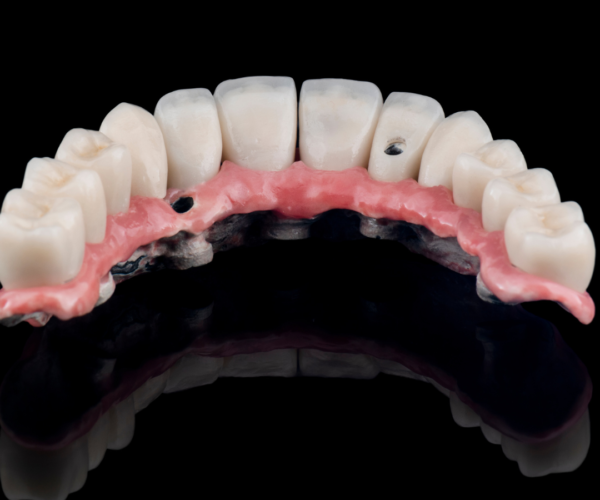
Prosthodontic Services
The kind of specialist work that prosthodontists can undertake include:
- Dental implants
- Cosmetic dentistry
- Complex care management that involves multiple specialists
- Complete fixed and removable dentures
- Partial removable dentures
- Replacing lost teeth
- Crowns and bridges
- Repairing existing teeth
- Meeting the special needs of geriatric patients
- Children born with a cleft palate or missing teeth
- Temporomandibular joint syndrome/disorder
- Traumatic injuries
- Snoring and sleep disorders
- Maxillofacial prosthetic procedures such as oral cancer reconstruction and continuing care
